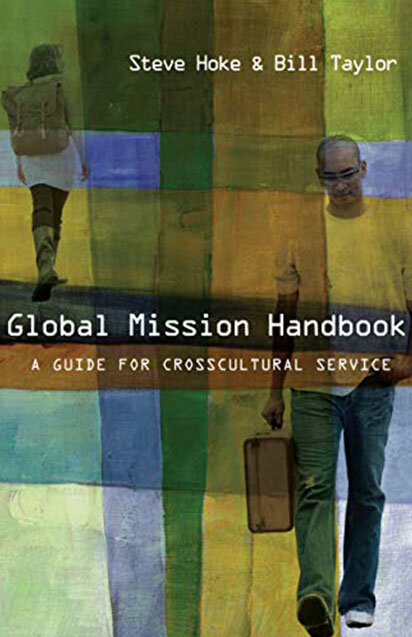Diving into “Leading from Below: Lessons from the Crucible of Global Mission”

TheGlobalPilgrim, Bill Taylor blog: reflections from 60 ministry years, my stories, narratives of people and prayer, mistakes and tears, wounds and scars, joy and hope, growth and change—with the passion to finish well.
April 7, 2025
These are some of the swirling reflections that led me to write this resource:
Part I
I’m unimpressed with Christian leadership literature that focuses on influence, executive positions, measurable objectives, strong numbers, success, reaching your goals, or “learning from the giants, the great leaders”; I am much less impressed by the ones that offer me success if I apply their ten or twelve or fifteen crucial leadership steps. “Buy your successful leadership package, on-line, discounted.” I deny there’s an easy path to gifted, efficient, godly, global leadership, much less a successful Spirit-filled life. God doesn’t work that way. The true north perspective of the authentic Christian leader must be marked by the cross. But too many of us have been influenced and misshaped by contemporary culture. Leading from below puts little weight on those popular success principles and stories, though it can learn from them—particularly the negative lessons.
Christian leadership books address these issues diversely. A few are narrative in structure; others are very pragmatic. Some focus only on biblical models, with Jesus the prime example. Others contribute by studying the broader nature of leadership. Some authors even include their academic degree in the title. Why? Others take secular and modern culture models then baptize them with Christian language and application. Some collect the stories and testimonies of “great and successful” Christians in business and industry, in the military and academy, in the church and its institutions. They smack of “triumph only” results, or “data-driven decisions,” skirting too close to Christianized secular (perhaps American or British, perhaps Singaporean or Korean, perhaps Nigerian or Brazilian) values…
As thoughtful evangelicals, I believe we listen to three primary wisdom fountains about leadership: First, Scripture; second, the historic lived experience; third, resources from those who have grappled with these issues—whether from a Christian worldview or not. However, at the end of the day, our understanding of Scripture must anchor our convictions on leadership issues. Note just three New Testament lessons. Jesus invested in a diverse band of potential leaders, creating a three-year nonformal learning community for them—including his later betrayer Judas. Second, Paul gives us clear guidelines about local church leadership in 1 Timothy 3:1–7 and Titus 1:6–9. Might these requirements apply when we evaluate future missionaries regardless of age, gender, or life stage?
Should we reference these norms when appointing any person to leadership—woman, or man, younger or older? How might that change things? Finally, James warns us (3:1), “Not many of you should become teachers, my brothers, for you know that we who teach will be judged with greater strictness.” Each of us who seeks to be a leader should consider these words deeply and with constant care….
My definition (of leadership) emerged organically from reading, hearing, observing, and experiencing leadership. “The leader is one who provides a vision of a preferred future and invites-gathers-empowers others to participate in that vision.” Thus, leadership combines natural and spiritual gifts, training, and purpose to cast vision, inviting followers to join that venture. I apply it equally to women and men. And I believe it fully embraces all leadership categories. This definition releases initiative, creativity, and courageous leadership.
Part II coming in 10-15 days






